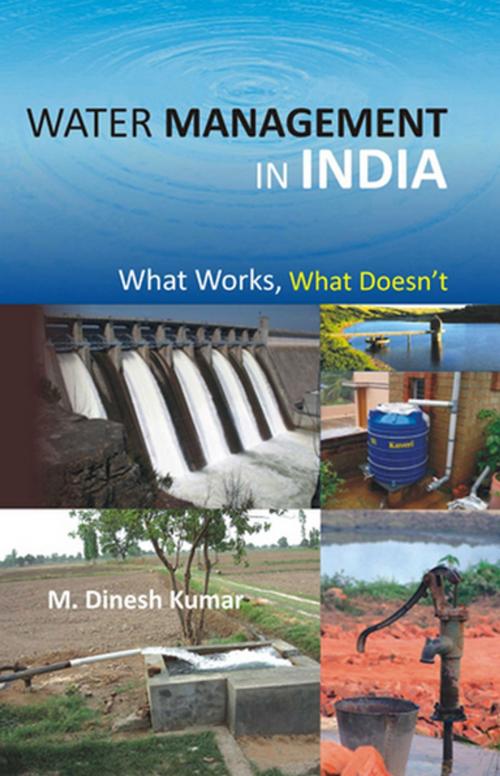Water Management in India
What Works, What Doesn't
Nonfiction, Science & Nature, Technology, Agriculture & Animal Husbandry| Author: | M. Dinesh Kumar | ISBN: | 9788121253758 |
| Publisher: | Gyan Publishing House | Publication: | June 30, 2009 |
| Imprint: | Gyan Publishing House | Language: | English |
| Author: | M. Dinesh Kumar |
| ISBN: | 9788121253758 |
| Publisher: | Gyan Publishing House |
| Publication: | June 30, 2009 |
| Imprint: | Gyan Publishing House |
| Language: | English |
The book deals with some of the most debated, yet unresolved questions regarding water management options for India and several other developing economies. It argues that there are serious knowledge gaps about “what solutions work and under what conditions”. It challenges the “received wisdom” about the potential of some of the water management solutions in popular parlance. It also questions the “skeptical pessimism” about the feasibility of some of the more classical approaches. The water management options being investigated are: roof water harvesting for domestic water security; local water harvesting and groundwater recharge; virtual water trade; micro irrigation for water demand management in agriculture; pricing of electricity for regulating groundwater pumping; and creating large water storages for ensuring sustainable water use. In the process, the book attempts to explode certain myths about what can solve India's water scarcity problems. This book will be useful for policy makers, academics, practitioners, researchers and students in the area of water management.
The book deals with some of the most debated, yet unresolved questions regarding water management options for India and several other developing economies. It argues that there are serious knowledge gaps about “what solutions work and under what conditions”. It challenges the “received wisdom” about the potential of some of the water management solutions in popular parlance. It also questions the “skeptical pessimism” about the feasibility of some of the more classical approaches. The water management options being investigated are: roof water harvesting for domestic water security; local water harvesting and groundwater recharge; virtual water trade; micro irrigation for water demand management in agriculture; pricing of electricity for regulating groundwater pumping; and creating large water storages for ensuring sustainable water use. In the process, the book attempts to explode certain myths about what can solve India's water scarcity problems. This book will be useful for policy makers, academics, practitioners, researchers and students in the area of water management.















